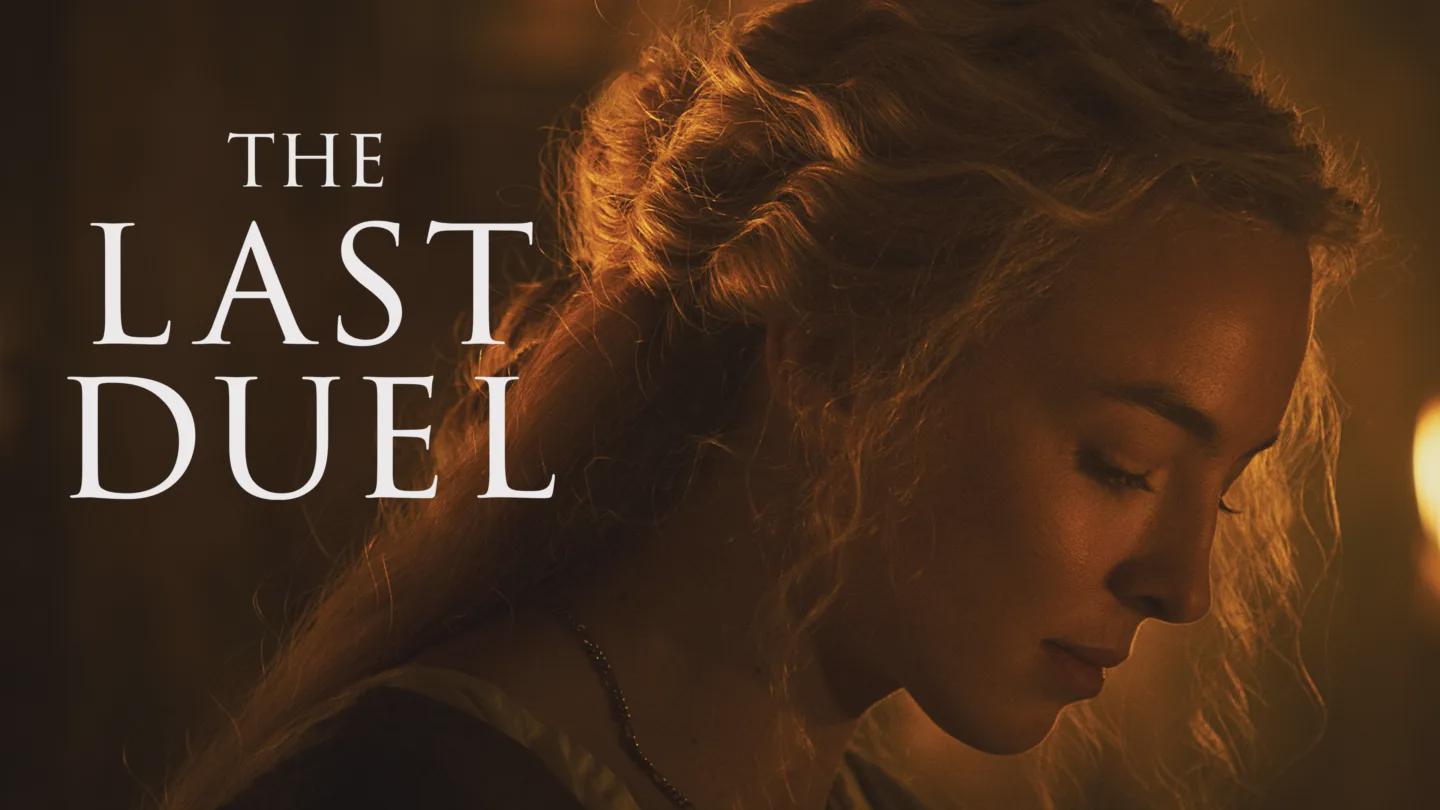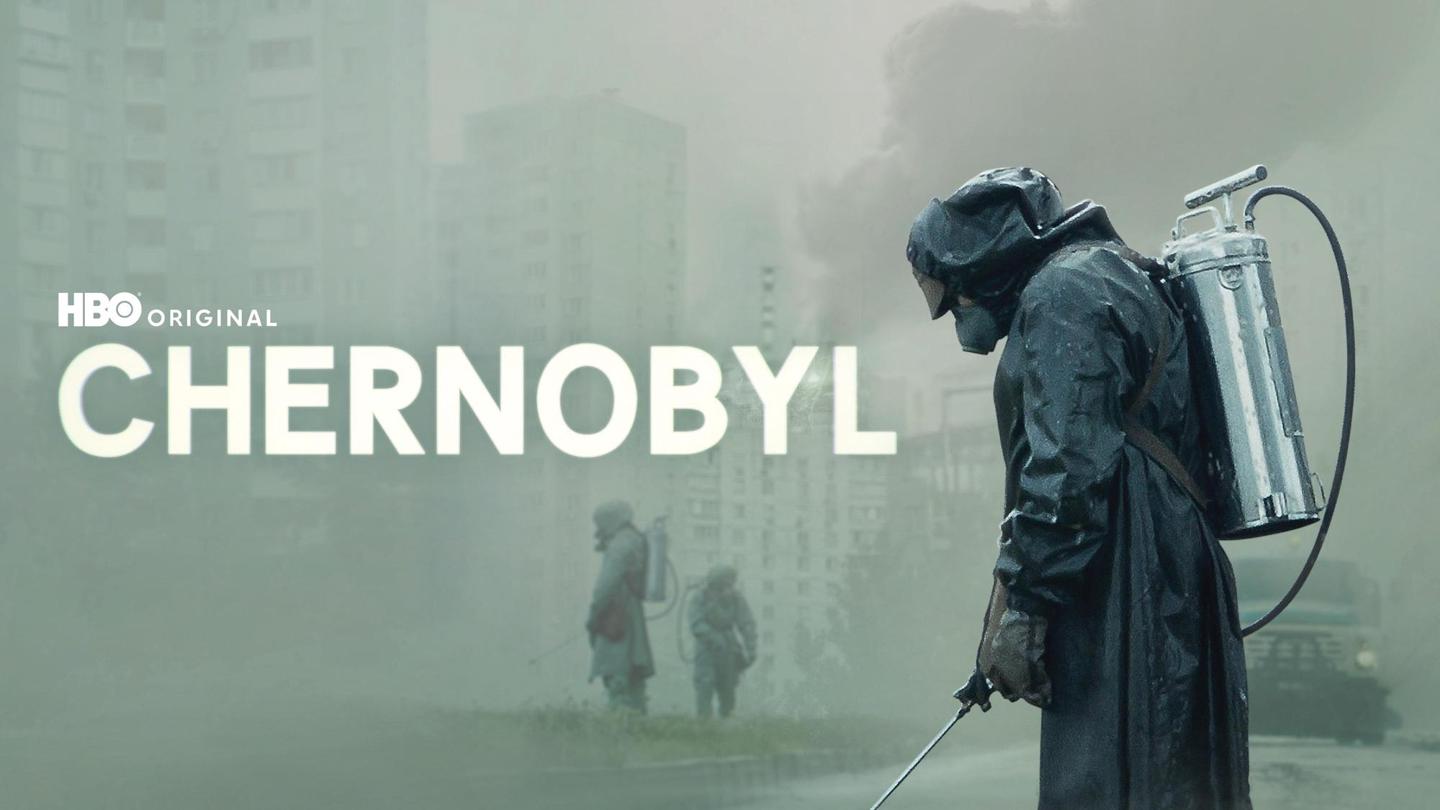
Quick Info
Ridley Scott’s "The Last Duel" is one of those historical dramas that puts you right into the mud and blood of 14th-century France, but with a surprisingly tight focus on character and perspective. The premise is based on real court records of the last officially recognized judicial duel in France. At its core, it’s about whose truth gets listened to, and how a brutal, patriarchal system stacks the deck against women.
The film’s structure is its biggest flex and sometimes its biggest flaw. It tells the story three times—first through the knight Jean de Carrouges (Matt Damon), then through his former friend Jacques Le Gris (Adam Driver), and finally from Marguerite (Jodie Comer). Sometimes you dread this Rashomon-style repetition, but here it mostly works: the little inconsistencies between each version tell you everything about power, entitlement, and denial, without ever feeling preachy.
Jodie Comer is the reason to show up. She gives Marguerite a quiet strength that makes the last chapter absolutely wrenching. Matt Damon and Adam Driver are both solid, though Damon’s mullet is easily the film’s worst crime. Ben Affleck’s supporting role deserves its own tiny sidebar—he’s so sleazy and weirdly modern, it’s a weird light spot in an otherwise grim story. Still, it might pull you out of the movie if you’re not ready for “Affleck in medieval France.”
For a Ridley Scott epic, it’s pretty restrained visually. The battle scenes are short, nasty, and confusing—you can feel every dent in the armor, and you’re never encouraged to see any glory in the violence. The final duel is absolutely brutal and incredibly tense, the sort of thing that will have you gripping your knees in the theater. The color palette leans drab and natural, which matches the story’s grim realism, but I did miss Scott’s usual visual swagger.
The pacing is uneven. Sometimes the Rashomon format means you see the same garden, the same conversation, over and over, which can drag. Also, there is a lot of talking and legal wrangling between knights and clergy that feels more like homework than entertainment. But the emotional payoff at the end and the moral ambiguity throughout make up for a lot of the slower patches.
This is not really a “fun” movie, even by Ridley Scott standards. It’s angry, honest, and often hard to watch. But it does what so many big medieval movies refuse to do—it puts the victim front and center, and refuses to let her get lost in the spectacle. It’s one of Scott’s better late-career works.
The R8 Take
For fans of brooding historical epics like "Kingdom of Heaven," this is worthwhile, but be ready for something that’s more thoughtful than thrilling. You might not enjoy every minute, but it sticks with you in the best way.



